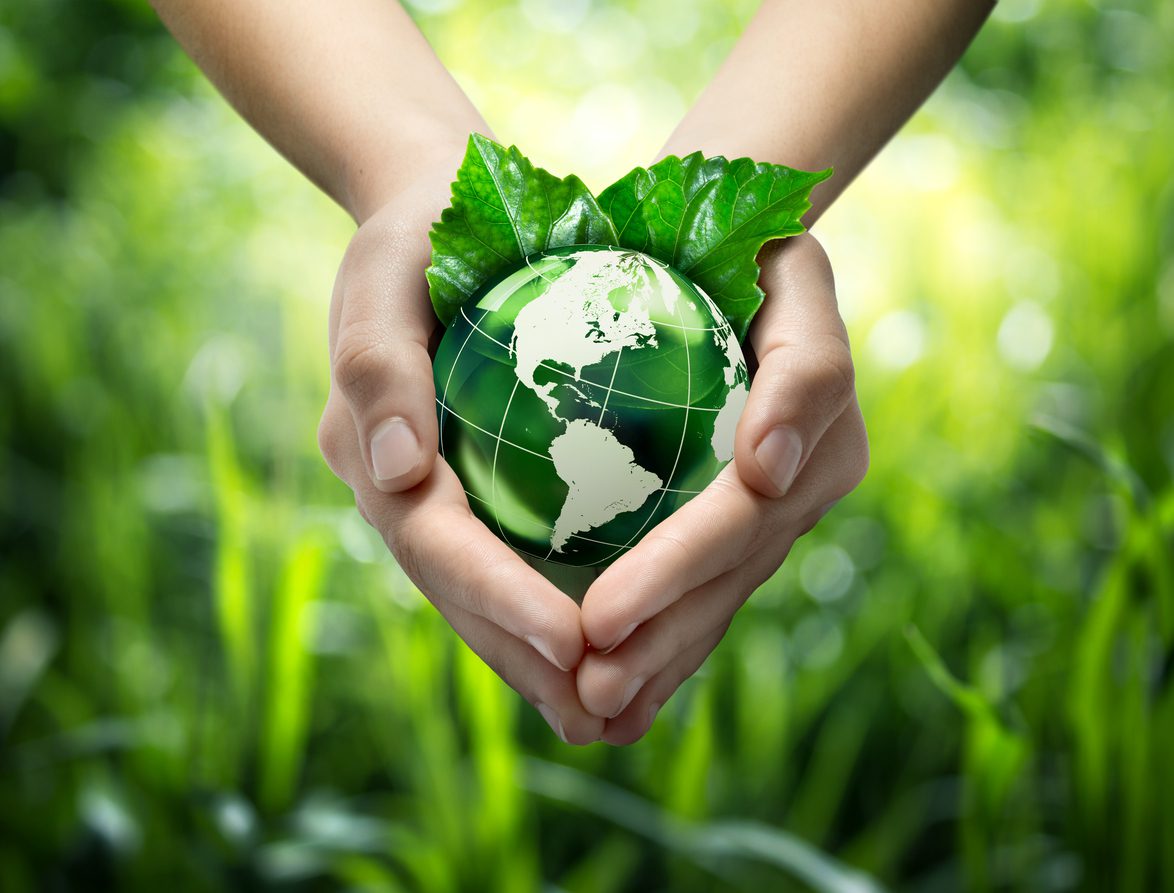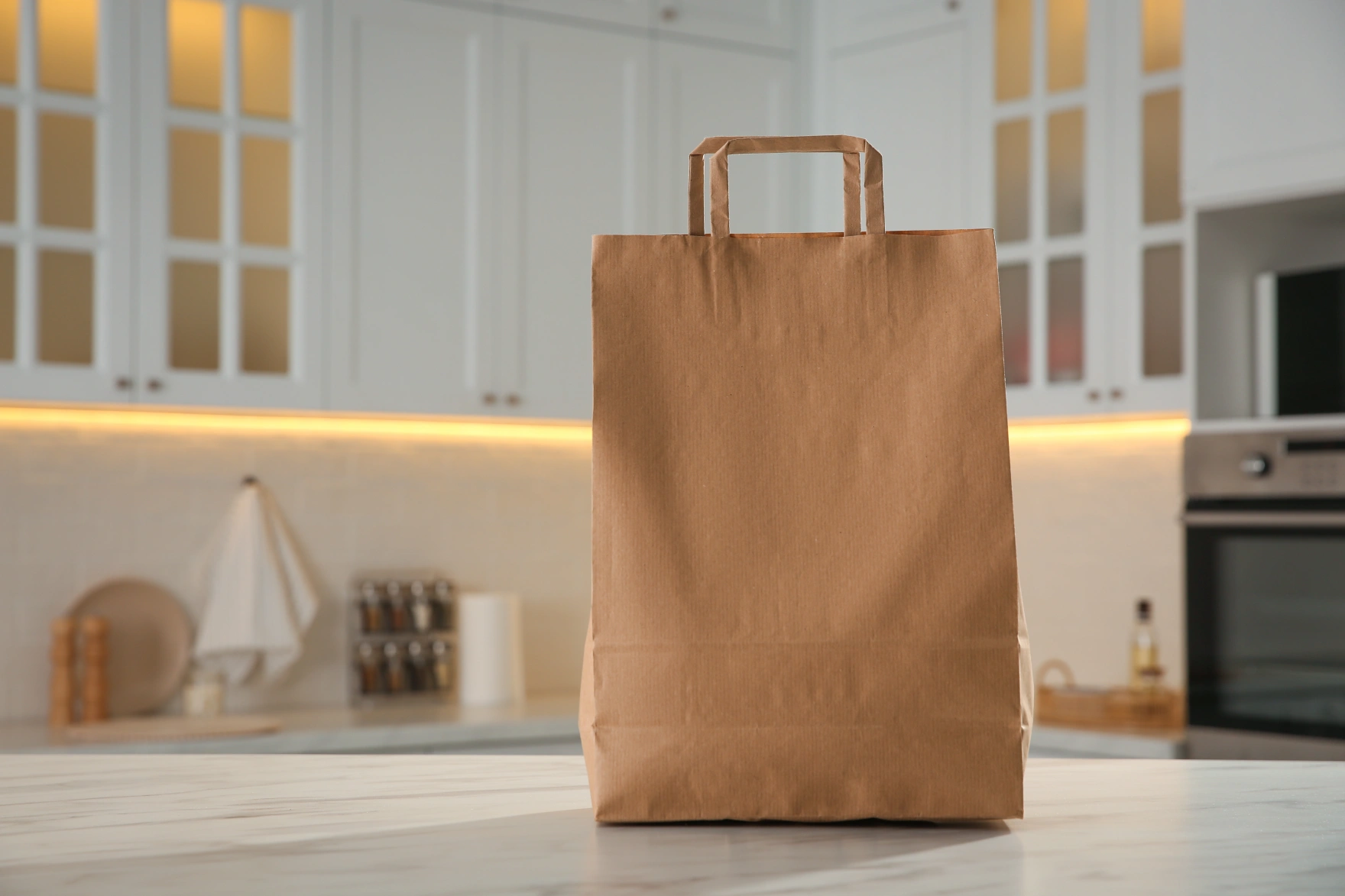The Truth About Paper and Plastic

How We Contribute
What You Can Do
Sustainability
What does SUSTAINABILITY mean to you? IPS has the definitions and options to help guide and engage your needs. In a circular economy, the objective is zero waste by using and reusing renewable resources and introducing recycled material back into the packaging economy.
INCREASE Your Recycled Content
Two different types of recycled content can be added to our products: post consumer (PCR) and post-industrial (PIR). PCR is resin recycled by consumers, while PIR is resin recycled by production facilities. By adding recycled content to our products, we allow the resin to be utilized for multiple uses in the supply chain, thus minimizing the amount of virgin material that gets added to the production stream. We have the capability of adding up to 80% recycled material.
Plant Based PE (Renewable)
Plant Based PE (Green PE) is another alternative that can be utilized as a sustainable solution. Products manufactured with Plant Based PE are made from a completely renewable resource (sugar cane) that can be recycled within the same chain of traditional polyethylene recycling. By using this Plant Based PE, it yields a reduction in the overall use of fossil fuels.
Sugar canes grow by removing CO2 from the atmosphere, which would give this raw material a lower carbon footprint. They are cultivated and procured into bagasse, which is then ultimately transformed into ethanol and then polymerized into Green PE. Green PE is then used to manufacture products, which yields 100% recyclability and ease for the material to be reused again in the manufacturing process. This option is drop in ready for current machinery, so additional equipment is not needed.
Please see video that can give you a more in depth look at Green PE.
Paper Bags (Renewable)
Coming from a renewable resource itself and having the ability to be produced with recycled content, paper bags also offer a voice in sustainability. With their reusability and recyclability, paper bags can easily fit back into the stream of a circular packaging economy.
Reusable Bags
Another way to keep the bags circulating in the economy, out of the landfills and eliminating overall waste is by offering a retail option such as PP Woven/Nonwoven bags. This can be an item sold to customers to help encourage them to play an active role in our overall sustainable goals for the plastic packaging economy.
These reusable bags are made from recycled plastic and are to be used as reusable carrying bags. PP nonwoven material has more of a flexible cloth feel, while PP woven, majority of the time laminated, will give a more rigid feel and give more durability.
Compostable Material (Renewable)
By using certified ASTMD 6400 BPI compostable resin, we are able to provide a compostable option. Compostable material breaks down after six months when exposed to oxygen, water, and sunlight. A commercial composting partner is needed to complete this process.
While these are the current solutions that we have available, we continually strive to come up with more innovative plastic solutions that are designed for reuse, recyclability and compostability.


